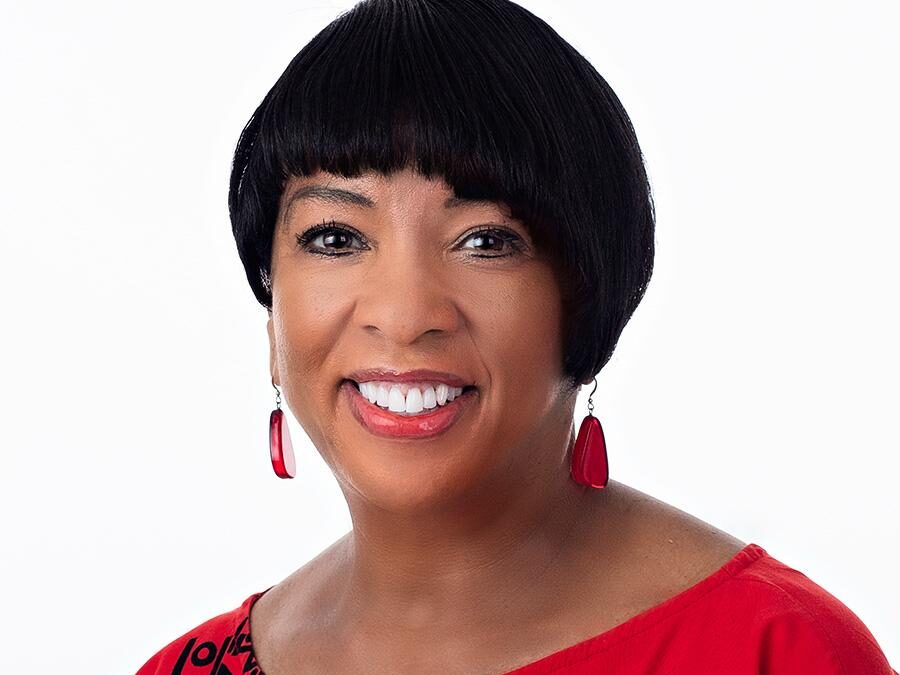St. Mary’s Home for Children is working on a variety of projects to ensure that we are an anti-racist organization. As part of this endeavor, we have brought in a consultant, Michele Stewart-Copes, MS, MSW, to help us take the steps needed to achieve a fully equitable agency for the people we serve and our staff.
Stewart-Copes is CEO of SEET Consultants (System for Education, Equity and Transition), based in Connecticut. She is a national consultant and trainer in System of Care and cultural and linguistic competency coaching. She developed and managed the nation’s first and highly successful wraparound effort within an inner city area, focused on Puerto Rican and African American neighborhoods in Hartford, CT. She has provided wraparound training, certification and coaching in 20 states and Canada. St. Mary’s is very excited to work with her.
Stewart-Copes came to this work from her own personal experience as a person of color. At the age of 5, she had a group of older white boys spit on her and call her the n-word. Her parents, who both worked at a factory, felt they had little choice but to teach the young Stewart-Copes to fight back physically in order to defend herself from such attacks. It led her to grow up with a lot of rage about the racist systems she faced, she said.
Stewart-Copes demonstrated in many different protests over the years while in college and beyond but felt she was not seeing real change come about. “You don’t see much change. You see a lot of cycles,” she said. “It’s really discouraging to have that as a perspective and world view.”
Ultimately, Stewart-Copes came to a place where she realized that the work she needs to do is about changing people’s perceptions. “Racism is an issue of perceptions. Perceptions are people’s realities,” she said. “Perceptions are all dictated by our experience and that is so individualized. I’m trying to understand different perceptions so I can persuade people.”
As part of Black History Month, we talked with Stewart-Copes about her work with St. Mary’s to help define where the agency sits at this time and where it is going.
The good news is that St. Mary’s is on the right path. The agency, Stewart-Copes said, does not step back from naming the problem as structural racism and acknowledging that, despite our best attempts so far, it remains an issue even within our work. Accepting the problem is the first step towards equity, she said.
“I work with a lot of people who ask for training but never have a commitment to implement it. A lot just go through the motions, they just want to check off that box,” she said. “[St. Mary’s] is farther ahead by naming the problem as structural racism. That’s ahead of a lot of organizations.”
Thus far, St. Mary’s has gone through a training on implicit bias as well as a town hall meeting where staff and Board members could express their thoughts on the issue. Coming down the line is a deeper organizational assessment where Stewart-Copes will dive into where there are actual inequity issues.
Part of this assessment work will include ensuring that St. Mary’s follows the National CLAS Standards (Culturally and Linguistically Appropriate Services) which aim to improve health care quality and advance health equity by establishing a framework for organizations to serve the nation’s increasingly diverse communities.
The principle standard of CLAS states “Provide effective, equitable, understandable and respectful quality care and services that are responsive to diverse cultural health beliefs and practices, preferred languages, health literacy and other communication needs.” St. Mary’s has made a commitment to work on achieving the CLAS standards.
“We are going through a period of introspection and self-reflection,” said Executive Director Carlene Casciano-McCann. “We will conduct an organizational assessment and focus on improvement with a race equity lens and a multi-year commitment to full implementation of CLAS standards.”


Michelle Stewart – Copes is amazing. I have trained under her before and am currently training with her. Good luck with your efforts at St. Mary’s.